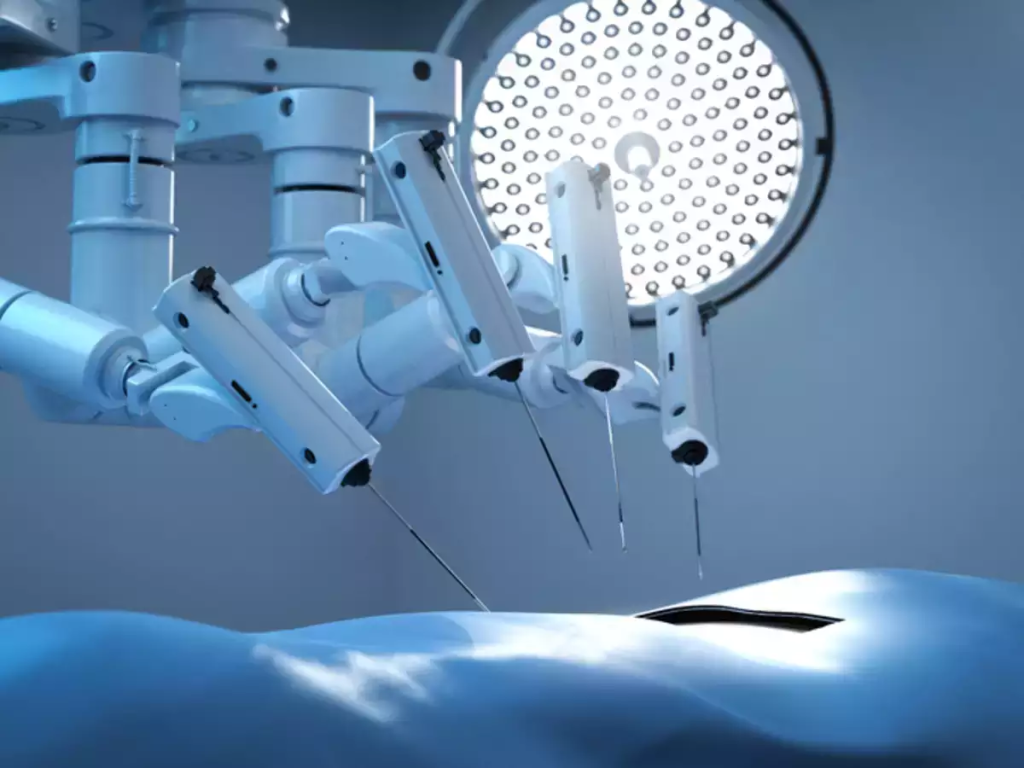
Welcome to my blog. Today’s topic? Dry skin. Perhaps you’ve heard of Coolsculpting Vintage Park. You might have even visited. But while their primary focus is on reshaping your body, they, like me, know that healthy skin is vital. Dry skin is more than just an inconvenience. It can cause discomfort, lower confidence and even lead to more serious skin conditions. As a dermatologist, I am going to share some expert advice on dealing with this common issue. I promise it’ll be simple, straightforward, and just might make your skin thank you. Let’s dive in.
Understanding Dry Skin
In simple terms, dry skin lacks enough water or oil to stay healthy. It’s a common condition, especially in older adults, winter months, or dry climates.
Why is Skin Health Important?
Our skin is the body’s largest organ. It acts as a barrier against disease and injury. Keeping it healthy is not just about looking good. It’s about staying healthy.
How to Deal with Dry Skin
First, let’s take a look at a comparison table of different treatments for dry skin:
| TREATMENT | EFFECTIVENESS | SIDE EFFECTS |
| Moisturizer | High | Minimal |
| Hydration | Medium | None |
| Medications | Varies | Can have side effects |
Moisturizers are a first …



